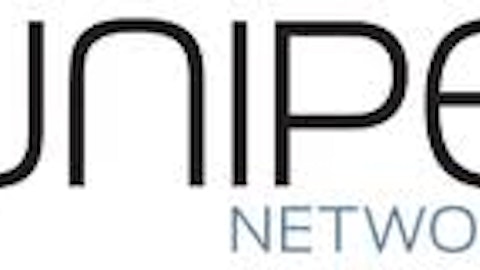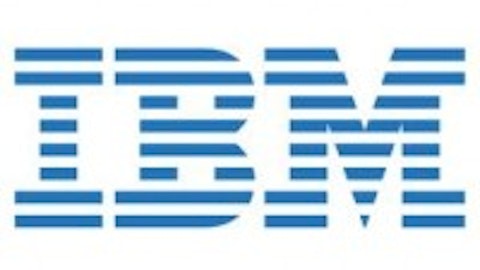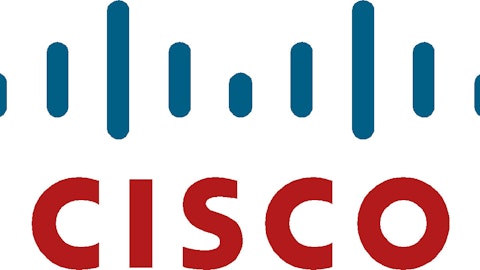Without question, enterprise security services have become a huge market. Although Check Point Software Technologies Ltd. (NASDAQ:CHKP) has a meaningful lead in this area, investors are starting to feel insecure about the company’s growth momentum (or lack thereof). Then again, there aren’t many balance sheets on the market that can compare to Check Point’s, including $1.5 billion in cash and zero debt.
Be that as it may, this brand of detail rarely matters in the tech sector, where the top line rules. And with young guns such as Palo Alto Networks Inc (NYSE:PANW) boasting sales growth at 50% clips, Check Point’s disappointing fourth-quarter revealed that this company has some tough decisions to make if it wants to preserve its lead.

Heading into the fourth-quarter report, the Street wasn’t expecting the numbers to be breathtaking. Management had issued guidance considered by many to be very conservative. Plus there were still macro concerns related to Europe and weak corporate enterprise demand, all of which sent the stock plummeting down 13% following the Q3 report. I was nonetheless surprised that report arrived worse than expected.
For the period ending in December, Check Point posted revenue of $368 million, or growing by just 3% year over year. For company that typically reaches the high-end of its projections, this was very substandard, especially for a tech company trading at a P/E 4 points higher than rival Cisco . And when compared to Fortinet, Inc. (NASDAQ:FTNT)‘s 25% revenue growth in Q4, Check Point’s numbers are more disturbing.
However, these comparisons aside, there are clear underlying performance issues here. I will give management a tip of my hat for having navigated the company through the tough challenges of 2012, but patience has a limit. And unless Check Point figures out a way to return to its glory days, investors will begin to question if the premium is deserved, especially since growth has now slowed to the low-single digits.
It’s time to sacrifice the balance sheet
All of that said, it’s hard to abandon a company the size of Check Point that is growing profits annually by 9%. For all of the punishment the company deserves for its horrendous growth, an equal amount of credit is warranted that the bottom line remains so impressive. For instance, not only did GAAP operating income surge 15% sequentially, but it climbed 9% from last year’s quarter.
In other words, although growth has come to a crawl, Check Point is doing well squeezing out every penny possible from the customers that it does have. The company also continues to do an excellent job managing costs as evident by only the slight uptick in general and administrative expenses. Then again, it begs asking if this is a good long-term strategy?
Granted, the bottom line looks good. But something’s got to give with the top-line looking so weak. And it seems that Check Point has become comfortable with that, as the company spent less this quarter on sales and marketing. By contrast, not only did Fortinet report a 20% increase in sales and marketing, but Fortinet also increased research and development expenses by 25% versus Check Point’s 8.8%.
It is this lack of aggressiveness that raises doubt about Check Point’s long-term market position. While the strong balance sheet serves to minimize the investment risk, there is no compelling reason to own this stock in the absence of growth. And the competition is not going to make this easy. Margins may be strong today, but eventually there will be pressure.




